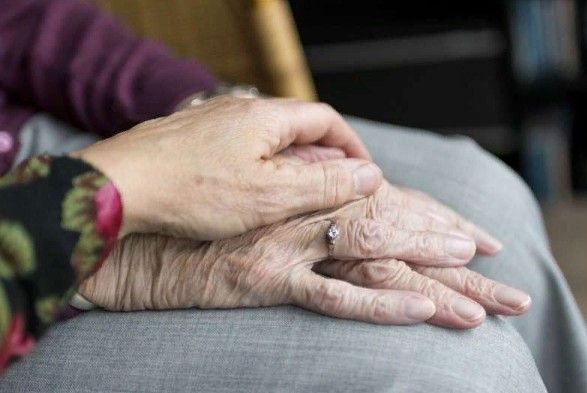Primary care screenings for older persons increase as a result of the intervention.
Many primary care physicians are not specifically trained to screen for falls and dementia, which are two of the most common disorders affecting the health of older persons. The Indiana Geriatrics Education and Training Center (Indiana GETC) developed a successful strategy that combined education and workflow to boost primary care screenings for several geriatric diseases.
«Because geriatricians are in short supply, most elderly people are treated by their primary care physician. That is why integrating geriatrics into primary care is so critical «Debra Litzelman, M.D., M.A., a research scientist at Regenstrief Institute and the main investigator and director of Indiana GETC, stated the study’s lead author. «We developed an intervention that improves attitudes toward older people and relies on collaboration to integrate these crucial assessments into care delivery. This study shows that this intervention can be used successfully in primary care settings.»
The Indiana GETC provided an interdisciplinary education course regarding older adults’ special health issues and screenings for primary care clinicians and staff, including medical assistants, nurses, and social workers. They also built an electronic health record (EHR) flow sheet with screening questions that would be activated automatically for patients 65 and older who came to the office. Each survey consisted of only two questions and was given to patients by medical assistants as they were being led to the exam room. The primary care provider was then informed of the findings.
The intervention was implemented at eight Federally Qualified Health Centers in an Indianapolis-based health system. During the duration of the trial, almost 6,600 geriatric individuals were cared for. The populations serviced were 51% African-American and 33% Caucasian.
The researchers discovered that following the education sessions, providers’ attitudes toward older patients improved dramatically, as did their judgments of the value of a team approach to care.
During training, screening rates increased, and they continued to rise afterward. This has occurred across the board for both the dementia and falls surveys.
«The education sessions likely prepped the care teams to undertake adjustments related to screenings because they gave a better awareness of the needs of older persons,» Dr. Litzelman stated. «The fact that the screeners did not obstruct the flow of patients was also crucial to their effectiveness. Other national Geriatrics Workforce Enhancement Programs are actively sharing this intervention.»
The article «Combined interprofessional education and system intervention to improve dementia and fall screening in older individuals» was published online ahead of print in Gerontology & Geriatrics Education.






Be the first to comment on "Primary care screenings for older persons increase as a result of the…"